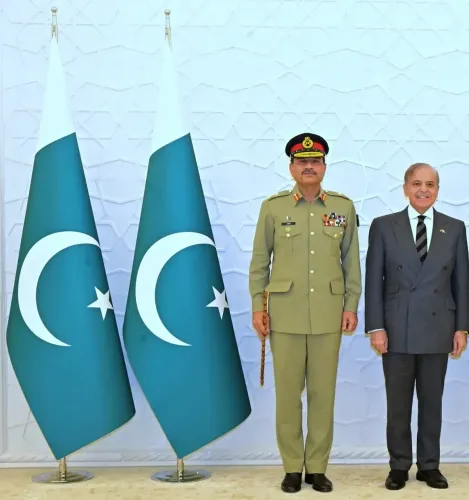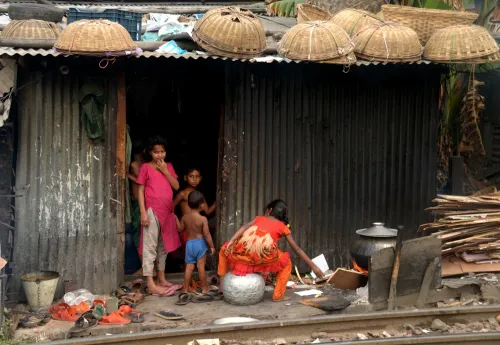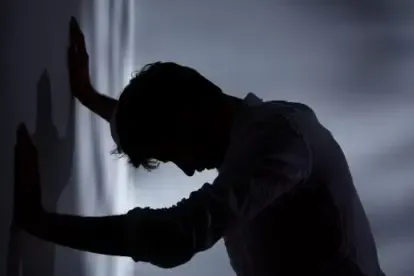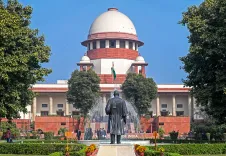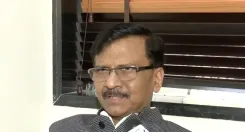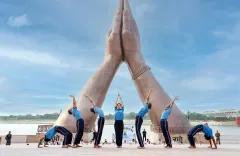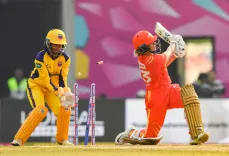How are Political Divisions Impacting Bangladesh's Consensus Commission?
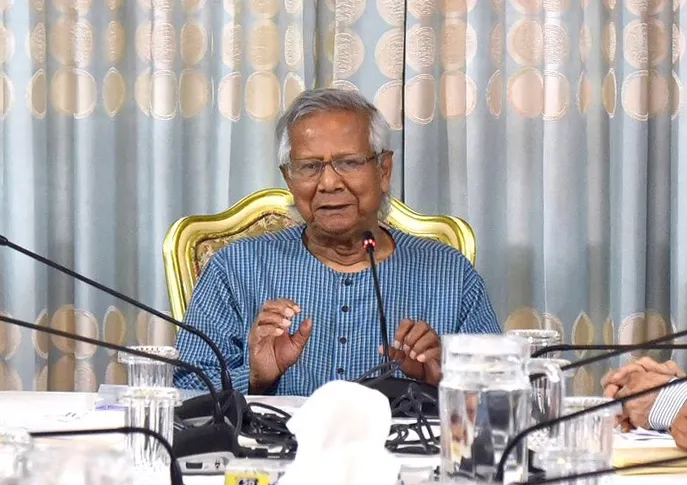
Synopsis
Key Takeaways
- Political divisions are stalling reforms in Bangladesh.
- Key issues include caretaker government roles and women's electoral representation.
- Disagreements among parties are escalating tensions.
- The NCC is under pressure to reach a consensus by July 31.
- Public incidents, like the murder of Lal Chand Sohag, exacerbate the political climate.
Dhaka, July 25 (NationPress) As significant divisions arise among major political factions in Bangladesh, the National Consensus Commission (NCC) is encountering difficulties in forging an agreement on three pivotal reform topics. These include the establishment of a caretaker government during elections, the formation of an upper house, and the electoral framework for 100 reserved seats for women, according to local media reports from Friday.
The Bangladesh Nationalist Party (BNP) and the radical Islamist Jamaat-e-Islami have put forward nearly identical proposals, particularly regarding the selection process for the Chief Advisor. Yet, a definitive resolution has eluded the NCC due to opposing perspectives from other political entities, including the National Citizen Party (NCP), as reported by the Bangladeshi media outlet UNB during the second round of discussions.
Sources indicate that the Commission aims to establish a political consensus on 19 significant constitutional reform matters by July 31, with the goal of drafting a national reform charter. However, the second round of NCC discussions has been postponed due to disagreements among political parties concerning the three issues.
This week, another political controversy erupted in Bangladesh as opposing parties clashed over a single leader simultaneously occupying multiple critical roles in both the government and their political party.
The BNP is in favor of one individual holding multiple positions, such as Prime Minister, Leader of the House, and party leader. Conversely, the NCC has proposed limiting individuals to one top role, a suggestion supported by the NCP and several others.
On the other hand, Jamaat advocates for a single person to hold two positions — Prime Minister and Leader of the House — but opposes one individual controlling all three roles.
Last month, the second phase of discussions involving 30 political parties and the NCC commenced amid ongoing political uncertainty and instability in Bangladesh.
In the meantime, leading Bengali daily Prothom Alo reported on Friday, citing political sources, that the BNP is at odds with Jamaat, Islami Andolan, and NCP on various reform-related topics.
While Jamaat, NCP, and Islami Andolan demand reforms prior to elections, the BNP is pushing for swift elections. These conflicting perspectives have sparked a war of words between the BNP and the coalition of Jamaat-e-Islami, NCP, and Islamic Movement.
The verbal confrontation between the two factions intensified over the brutal murder of 43-year-old scrap trader Lal Chand Sohag in Mitford, Old Dhaka, on July 9, which reportedly transcended political decorum, leading to personal attacks.
During a press conference last week, BNP Secretary General Mirza Fakhrul Islam Alamgir stated that the murder of Sohag was a calculated attempt to "create unrest" in Bangladesh and advance malicious political agendas, following allegations of involvement by his party's members.
On the same day, Mohammad Selim Uddin, a member of Jamaat-e-Islami's Central Executive Committee, criticized the BNP indirectly during a rally in Mirpur, Dhaka.
“Due to widespread public resistance, the people have already issued a 'yellow card' to a certain political faction. Now, after the incident at Mitford, the public has effectively shown them a 'red card,'” remarked the Jamaat leader.
“The August uprising presented them (BNP) with a golden opportunity. They could have utilized it to train their party members in moral values and guide them to follow Islamic principles. Instead, they have turned the nation into a refuge for extortionists. Their current motto appears to be: 'Reward for paying extortion, banishment for refusal,'” he added, mocking the BNP.
The parties that collaborated with student leaders and Muhammad Yunus to overthrow the democratically elected Awami League government led by former Prime Minister Sheikh Hasina are now publicly attacking each other in rallies and on social media platforms.


